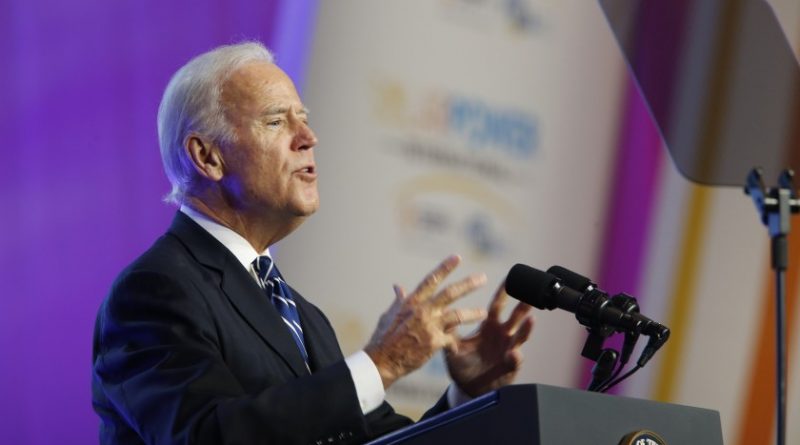Tech Policy in the New Administration: A Proposal with Bhaskar Chakravorti
As a part of Technonomy’s Health and Wealth in America webinar series, which explores how innovation, ingenuity, and technology are impacting the central challenges of our time, Fletcher Dean of Global Business Bhaskar Chakravorti sits down with David Kirkpatrick to discuss and offer his proposal on tech policy in the new presidential administration.
To Chakravorti, Biden is both a tech paradox and a tech enigma. He is the first American presidential candidate to have run a completely socially-distanced campaign, which was predicated on the belief that people can somehow see his face, hear his voice, and/or read about what he’s said and done using some form of technology. And yet, Biden is incredibly low-tech. This is evidenced by his relatively flat presence on social media and his vague remarks on tech’s most hot button issues, such as anti-trust, Section 230, and breaking up Big Tech.
At the same time, Biden’s transition team includes people with extensive backgrounds in technology and his pick for Vice President, Kamala Harris, comes straight out of Silicon Valley. The paradox of Joe Biden’s relationship with technology has caused many to speculate about how he will address the myriad tech issues that continue to remain in the headlines and within the collective American subconscious, due in large part to the mandatory reliance on technology that has arisen from the COVID-19 pandemic.
In the first one hundred days of Biden’s presidency, he has stated that he will focus on four major priorities: COVID-19 and its containment, racial tensions within the US, climate change, and the country’s wavering economy. In response to this, Chakravorti states that we should be asking two critical questions:
- What role does technology play in exacerbating, or potentially adding-to, the challenges in these four areas.
- What can technology do to help solve the problems in these four areas.
To better understand where the United States is positioned in the global tech landscape, the Institute for Business in the Global Context and Digital Planet released a research report titled Digital in the Time of COVID and the Digital Intelligence Index. The report and accompanying interactive platform provide evidence-driven, actionable insights on how to enhance digital competitiveness, nurture trust in the digital economy, and foster responsible use of data, AI, and other advanced technologies for enhanced productivity and the greater good.
Based on research from over twelve years (2008-2019), the Digital Intelligence Index represents an evaluation of the progression of the global digital economy by measuring 90 economies and combining 160 indicators into four key drivers: Supply Conditions, Demand Conditions, Institutional Environment, and Innovation and Change. The report shows interesting connections between the resilience and robustness of a country’s digital ecosystem and their ability to maintain economic stability during the pandemic. Data from the study also shows a positive correlation between a country’s ability to maintain social-distancing protocols throughout the pandemic and it’s economic resilience.
The report finds that the more digitally-evolved countries, such as the United States, Singapore, New Zealand, Norway, and South Korea, faired relatively well in regards to economic durability during the COVID-19 pandemic. However, on a more granular level, data from various Digital Planet reports show that the United States wavered in it’s ability to effectively mandate social-distancing protocols, provide suitable working-from-home and online learning conditions, and provide efficient telehealth and public services.
With these insights in mind, Biden must prioritize and think carefully about how tech policy can address the critical challenges made evident by the COVID-19 pandemic. Accomplishing this will be no small feat, so the new administration must be prepared, organized, and methodical as they approach tech-related issues.
As a start, Chakravorti recommends getting a firm handle on the scale of the digital divide and responding to it accordingly to address the gaps its created throughout the country. He also advises that the administration learn from global leaders about gold standards for delivering digital public services, and to work with state governments to solve for issues at a state and local level. Another key priority that Chakravorti raises for the Biden administration is to use bi-partisan leverage over Big Tech to get them to close the gaps in broadband access across the US and address growing concerns with climate change and carbon control.
To watch Dean Chakravorti’s full session with Techonomy, watch the video below:

